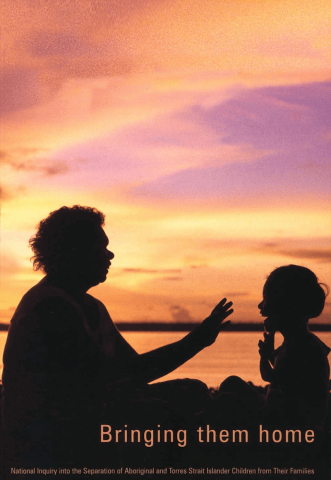Stories of the Stolen Generations
Many of the stories and images on this website may cause sadness or distress for visitors.
Aboriginal and Torres Strait Islander visitors are advised that this website may contain images, videos and voices of people who have passed away.
The story of the Stolen Generations cannot be told without recognising the strength and resilience of Aboriginal and Torres Strait Islander individuals, families and communities.
In cases where you feel that you need support, these organisations may be able to assist you.

Interactive Map
The interactive map allows you to explore the stories of those members of the Stolen Generations who shared their experience with the National Inquiry into the Separation of Aboriginal and Torres Strait Islander Children from Their Families. You can also learn more about the places to which stolen children were removed.

About Bringing Them Home
Bringing them Home was the name given to the final report of the National Inquiry into the Separation of Aboriginal and Torres Strait Islander Children from Their Families conducted by the Human Rights and Equal Opportunity Commission (now called the Australian Human Rights Commission)

The Report
The 689 page final report of the National Inquiry into the Separation of Aboriginal and Torres Strait Islander Children from Their Families was tabled in Parliament on 26 May 1997. It traces the past laws, practices and policies that resulted in the forced removal of children and makes recommendations to support healing and reconciliation for the Stolen Generations, their families and the Australian public more broadly.
Teaching Resources
Introduction to Healing

Members of the Stolen Generations and their families continue to be affected by the trauma caused by forced removal. For many people, this trauma has had lasting impacts. It is important to acknowledge that healing is an ongoing journey. Organisations such as the Healing Foundation provide support to individuals and communities to address the ongoing trauma caused by actions like the forced removal of children from their families.
However, reconciliation is the responsibility of all Australians. Reconciliation requires the Australian community to recognise and respect the first peoples of this land, to acknowledge the past injustices, and the ongoing inequalities, experienced by Aboriginal and Torres Strait Islander peoples, and to commit to working towards a more equal and respectful future.


